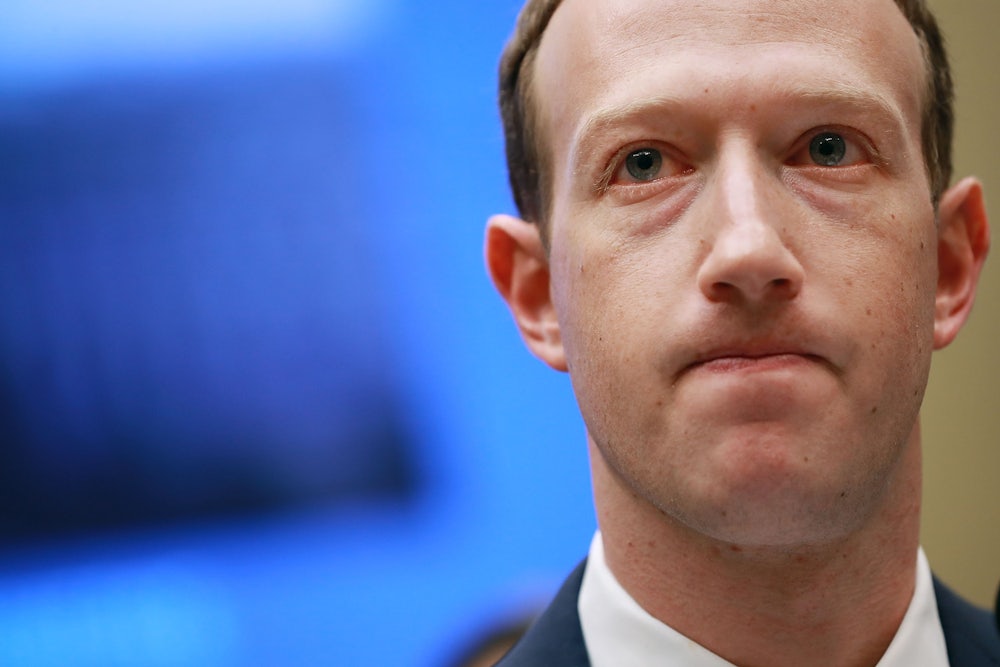Facebook’s shares plunged immediately after Thursday’s opening bell, losing 20 percent of its value after the tech behemoth released its latest earnings report. While investors were rattled by the fact that the company missed its revenue target, the biggest worries are long term. On an investor call, the company’s CFO, David Wehner, informed investors that he expects revenue growth to continue to slow.
“Our total revenue-growth rates will continue to decelerate in the second half of 2018, and we expect our revenue-growth rates to decline by high-single-digit percentages from prior quarters sequentially in both Q3 and Q4,” while the company’s expenses will continue to grow, he said. Facebook and its top two apps, Instagram and WhatsApp, have 2.5 billion users combined—roughly the population of the world in 1950—but user growth was flat in the U.S. and Canada, while Europe saw a decline from the previous quarter.
Facebook’s growth, both in terms of revenue and users, is slowing—and investors rarely like slow growth. But given the scale that the company is operating on, it’s also unlikely that the company could have kept up its meteoric rise. To some extent, this is an inevitable correction. Given the increasing public criticism and government scrutiny of its platform, focusing its energy on making a better service, rather than on growth at all costs, might be the better long-term strategy.
There’s a growing sense that Facebook is no longer an invincible world-conqueror. In the wake of the Cambridge Analytica scandal—and with increased regulatory action likely on both sides of the Atlantic—the company has seen its standing drop with both the public and with politicians, two groups that had previously embraced it. Then again, Facebook has weathered quite a bit of turbulence over the last few months. Its shares dropped six percent—about $35 billion in market cap—after the Cambridge Analytica scandal, but within days were rocketing upward again.
